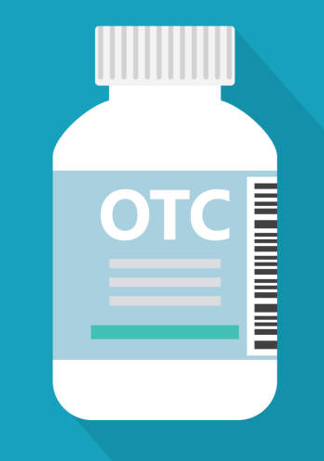Objectives
Inappropriate use of OTC medicines can be termed medicine 'misuse' or 'abuse'. Abuse is considered to be the use of medicines for a non-medical use whilst misuse is the improper use of an OTC medicine for a recognised medical condition. Generally these terms are synonymous and the reason that the medication is being misused does not always need to be known to reduce its incidence. In the context of this module we will be using the term 'misuse' when referring to inappropriate use of over the counter medicines.
Transferring medicines from prescription only control provides advantages to customers by allowing easier access to medication and avoiding the repeated need to visit their GP, but also poses disadvantages by increasing the opportunity for the inappropriate use of the medicine.
It is very hard to quantify the extent of the problem of misuse of OTC medicines, and most research concludes that the majority of community pharmacists acknowledge that misuse occurs but that it represents only a small minority of customers visiting community pharmacy. Medicines perceived to have the biggest misuse problem include opioid containing painkillers, sedative antihistamines and laxatives.
Whilst the incidence of misuse may only affect a small percentage of customers, its effects are important as further research has shown that a high proportion of abusers of illicit drugs have at some point in their drug taking career abused OTC medicines. An increasing number of patients of local substance misuse teams are being supported to combat dependence on OTC medicines.
OBJECTIVES
By the end of this module you will be able to:
- Explain the reasons why customers misuse over the counter medicines.
- Recognise customers who may be misusing medicines.
- Suggest strategies that can be employed to combat or reduce over the counter medicine misuse.
- Identify the categories of medicines most likely to be misused

